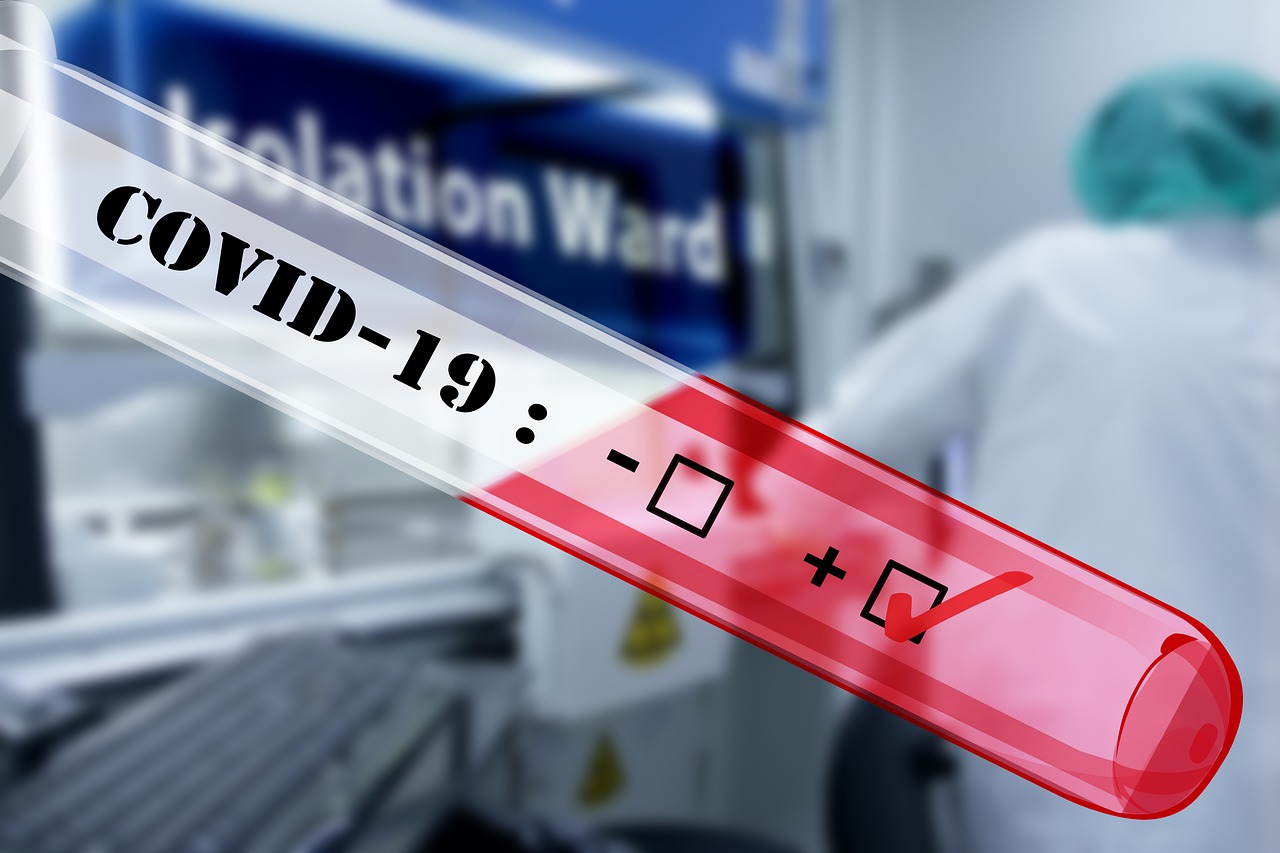Local authorities will be encouraged to target testing to people who cannot work from home during lockdown.
Around 1 in 3 people have coronavirus (COVID-19) without displaying any symptoms.
Rapid, regular testing for people without symptoms of coronavirus (COVID-19) will be made available across the country from this week, with the eligibility of the community testing programme expanded to cover all 317 local authorities.
Local authorities will be encouraged to target testing at people who are unable to work from home during the national lockdown.
Expansion of asymptomatic testing will identify more positive cases of COVID-19 and ensure those infected isolate, protecting those who cannot work from home and our vital services. This programme is crucial given that around 1 in 3 people have coronavirus without displaying any symptoms.
The single most important action we can all take to protect the NHS and save lives, is to stay at home.
So far, 131 local authorities have signed up to community testing, with 107 already having started testing in their communities. Many of these, including Essex and Milton Keynes, are focusing on the testing of critical workers and those who must leave home for essential reasons.
In addition to local authorities, NHS Test and Trace will also work closely with other government departments to scale up workforce testing. Many are already piloting regular workforce testing, with 15 large employers having taken up this offer already across 64 sites, including organisations operating in the food, manufacturing, energy and retail sectors, and within the public sector including job centres, transport networks, and the military. An estimated 27,000 tests have taken place across the public sector as part of pilots so far.
Health Secretary Matt Hancock said:
With roughly a third of people who have coronavirus not showing symptoms, targeted asymptomatic testing and subsequent isolation is highly effective in breaking chains of transmission. Rapid, regular testing is led by local authorities who design programmes based on their in-depth knowledge of the local populations, so testing can have the greatest impact.
We are now expanding this offer to every local authority across the country, and asking testing to be targeted on workers who cannot work from home during this national lockdown, while asking employers to work with us to scale up workforce testing.
Lateral flow tests have already been hugely successful in finding positive cases quickly – and every positive case found is helping to stop the spread – so I encourage employers and workers to take this offer up. We must all do all we can to stop the spread of COVID, right now.
Targeted, regular community testing using lateral flow tests is highly effective and has already identified over 14,800 positive COVID-19 cases who would not have been identified without targeted asymptomatic testing, breaking chains of transmission in the community.
This latest expansion of the testing programme builds on the millions of asymptomatic critical workers being tested every week, such as NHS patient-facing staff and care home staff. Existing plans for the rapid testing of staff and students in secondary schools and colleges, and staff in primary schools, also remain in place. Secondary schools have set up testing sites and have started to test staff and pupils who remain in school, such as the children of critical workers, or vulnerable children. Primary schools will start to receive their test kits shortly for the weekly testing of their staff.
Lateral flow tests used by the UK government go through a rigorous evaluation by the country’s leading scientists. This means they are accurate, reliable and successfully identify those with COVID-19 who don’t show symptoms and could pass on the virus without realising. Lateral flow tests can return results within 30 minutes, without needing to be sent to a lab.
NHS Test and Trace will now work with each local authority on an expanded community testing plan appropriate for them. This support will be rolled out during national lockdown restrictions, being kept closely under review.
We will continue to work with Devolved Administrations on their plans for community testing in Scotland, Wales and Northern Ireland.
Milton Keynes Director of Public Health Vicky Head said:
In Milton Keynes our transmission rates are serious and there’s no single hotspot or outbreak locally that’s driving this – it’s general person to person transmission that we can all help to control. One in 3 people with COVID-19 have no symptoms and could be spreading it without realising it.
Our pilot for frontline key workers is intended to help break transmission by identifying people who are positive for COVID-19 without displaying typical symptoms. By doing this we can help to reduce the number of COVID-19 cases, limit the number of people who might fall very ill, and protect the NHS.
Greg Jackson, CEO and founder of Octopus Energy, said:
Octopus Energy is delighted to be among the first companies to join the pilot to support the government in ramping up mass testing, helping to curb the spread of the virus and paving the way back to a life as normal as possible under the current conditions. We started testing in December and it was so well received by our staff that we’re continuing it this year.
I’m very proud of the Octopus Energy team who have worked incredibly hard to look after our customers this year and also stringently followed all our COVID-19 guidelines whenever they needed to visit the office, with nearly everyone who had to come into the office taking a test.
Lee Sheppard, Director of Corporate Affairs and Policy at Apetito said:
Apetito and its sister company Wiltshire Farm Foods has a critical role in providing food during the COVID crisis. We serve some of the most vulnerable and at risk in hospitals, care homes, nurseries and schools and at home through Meals on Wheels and Wiltshire Farm Foods. During COVID, our services are more important than ever before, as many of our vulnerable customers may be solely reliant upon us for their meal provision.
Ensuring our front-line services are able to continue to operate is therefore crucial. Working with the government to rapidly implement a mass testing programme across our manufacturing and distribution sites has built resilience into our business – as well as reassuring our staff and customers that we were doing everything possible to support their safety whilst at work.




